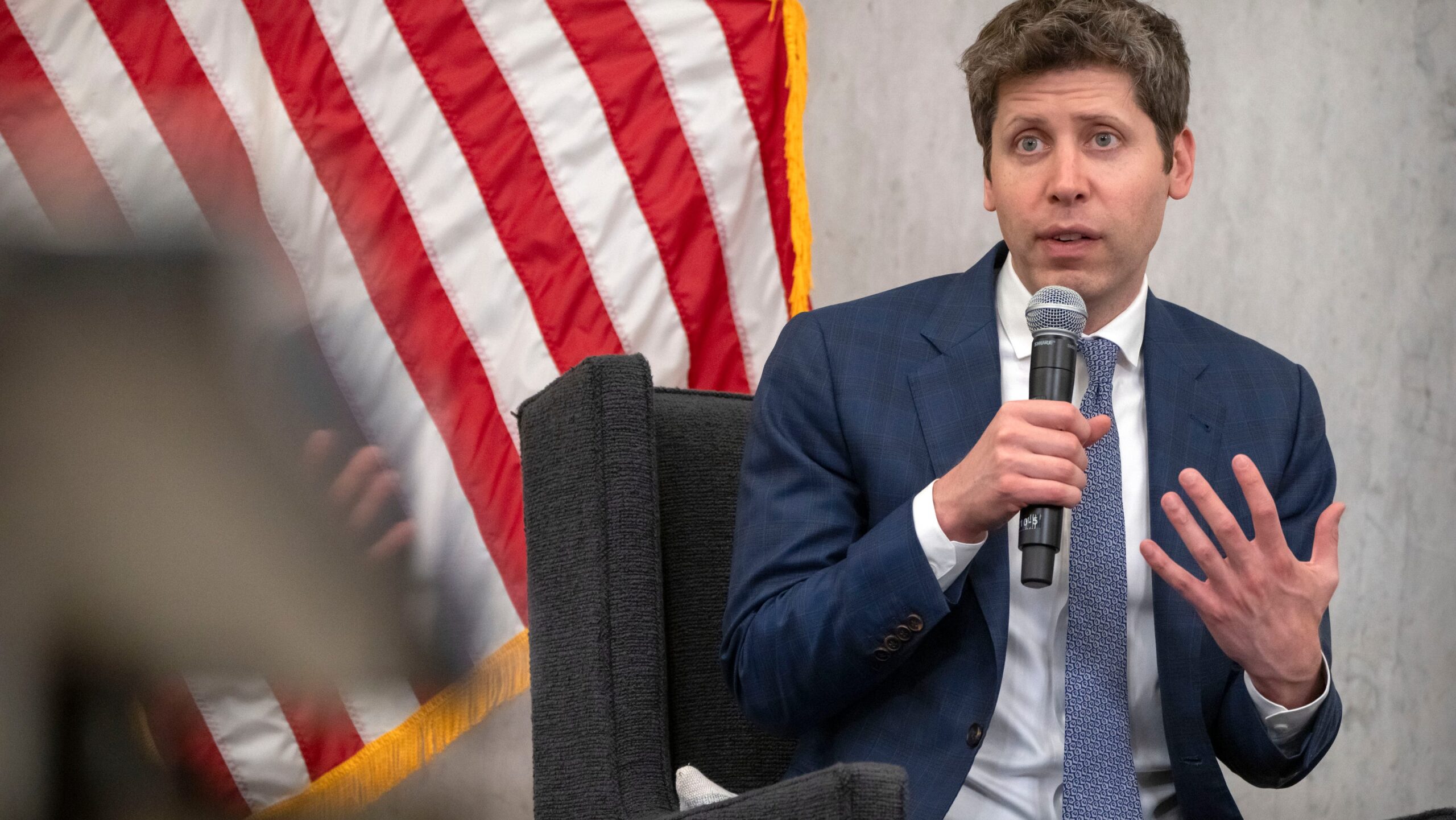
OpenAI CEO Sam Altman has voiced serious concerns about the use of voiceprint authentication in financial institutions, highlighting the increasing security risks associated with this method as artificial intelligence technology evolves.
Speaking on the subject, Altman remarked, “A thing that terrifies me is apparently there are still some financial institutions that will accept the voiceprint as authentication.” His statements come amid a growing awareness of the vulnerabilities posed by biometric security systems, particularly those reliant on voice recognition.
Voiceprint authentication — a process that identifies individuals based on unique patterns in their speech — has gained popularity as a convenient way to secure access to sensitive systems, including bank accounts. However, with the advent of increasingly sophisticated voice cloning technologies capable of reproducing a person’s voice with high accuracy, this method has become a focal point for cybersecurity experts.
Altman’s concerns are not without precedent. Over the past few years, there have been numerous documented cases in which cybercriminals used AI-generated voice clones to impersonate individuals, including executives, as a form of social engineering to initiate unauthorized financial transactions. These cases illustrate the vulnerability of systems that rely solely on voice biometrics in an era when deepfake technology is rapidly advancing.
Cybersecurity professionals have also sounded the alarm, recommending that organizations transition away from voiceprint identification or implement multi-factor authentication that does not rely solely on voice. Such approaches may include hardware token verification, facial recognition in secure environments, or one-time passcodes.
Altman’s remarks serve as a cautionary note to the financial sector, urging a reassessment of security protocols in light of the rapid development of AI. As companies increasingly adopt artificial intelligence tools, both benefits and risks must be weighed carefully to avoid unintended exploitation.
This warning aligns with broader discussions in the tech industry about responsible AI deployment and the importance of adapting security standards to match the capabilities of modern AI systems. Institutions continuing to use voiceprint authentication may need to reconsider their practices to safeguard against emerging threats.
As AI continues to transform various sectors, experts stress the importance of proactive, balanced approaches that prioritize user safety without compromising innovation.
Source: https:// – Courtesy of the original publisher.








